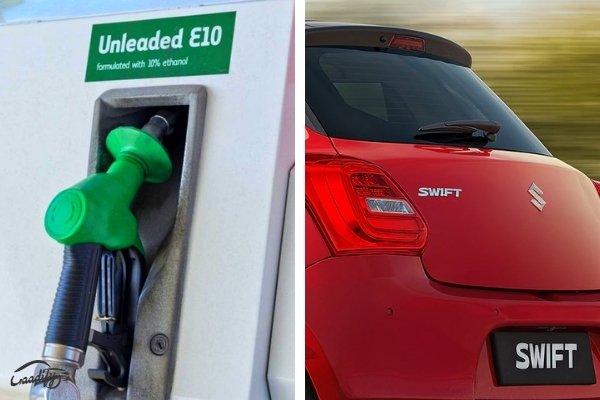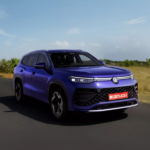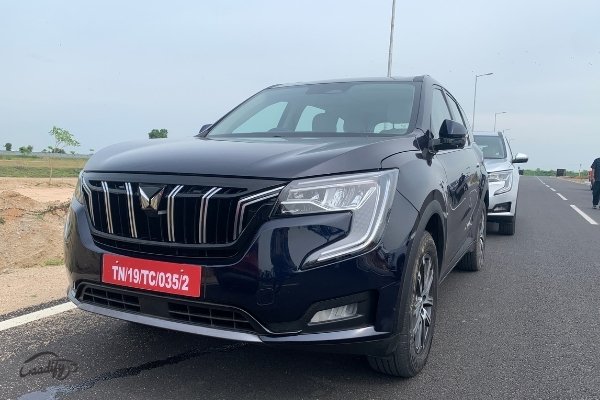We have heard our Union Minister Nitin Gadkari several times emphasizing electric vehicles and ethanol-based flex fuel as an alternative to conventional fuels like petrol and diesel. He promotes the development of flex-fuel engines similar to countries like Brazil, Canada, and the USA. And now there are reports that India's largest passenger car maker Maruti Suzuki is considering introducing flex-fuel cars in its lineup.

Also Read: Tata Power Installed Over 1,000 Charging Stations Across The Country
For those who aren't aware, flexible fuel vehicles (FFVs) can run on either gasoline or any blend of gasoline & ethanol. Usually, a combination of petrol and ethanol is used in FFVs. But many countries like Brazil and USA have vehicles running on 100 percent ethanol. There is a certain type of modification required for internal combustion engines (IC engines) to operate on flex-fuel.
What is Ethanol Fuel?
Ethanol or ethyl alcohol is a starch-based fuel derived from corn grain, crop residues, wood chips, or sugar cane. It is a renewable fuel that oxygenates the fuel it is mixed with, controlling air pollution. The ethanol production also generates employment in rural areas where job opportunities are extremely needed.
Compared to petrol/gasoline, the flex-fuel offers less fuel economy (depending on the blend) due to the lower energy content in ethanol. However, ethanol has a higher octane number than gasoline, which increases power and enhances acceleration performance when operating on higher ethanol blends. Also, the flex-fuel is more affordable than petrol and emits lesser carbon emissions. But the cost of FFVs might be higher than a petrol one.
Currently, a 5 percent ethanol blend (E5) is used in Indian cars, while many oil companies also retail E10 ethanol blend fuel for some performance vehicles. The government is emphasizing making all cars ready for a 10 percent ethanol blend by April 2022. The blend percentage will further be increased to 20 percent by 2025, with an aim to offer E100 vehicles in the future that can either run on 100% ethanol or 100% petrol. It is identical to how CNG cars work.
Also Read: TVS To Setup A New Subsidiary For Electric Vehicles (EVs)

We all know that Maruti Suzuki is currently straying away from the electric segment due to inadequate EV infrastructure in the country and the high costs associated with EVs. And offering flex-fuel vehicles is more affordable than EVs. We expect more carmakers to follow the flex-fuel trend in the near future.








